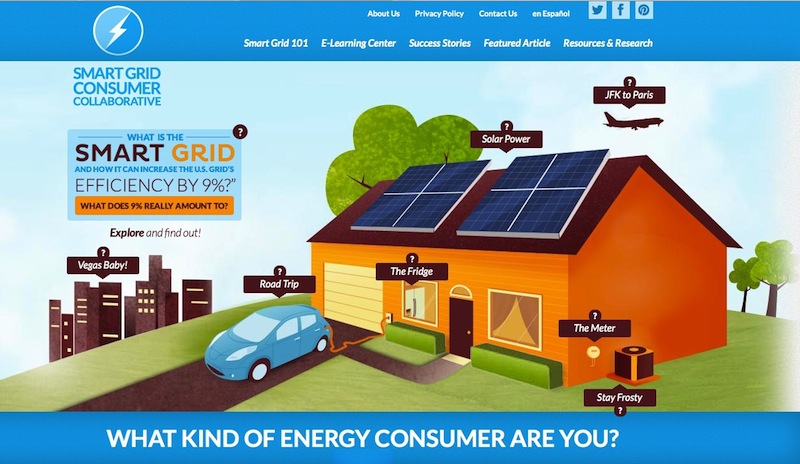
Features
Energy & Power
Transmission & Distribution
Smart Grid Consumer Collaborative sets the record straight on smart meters
September 5, 2013 | By Anthony Capkun

September 5, 2013 – Smart meters are occasionally the focus of attack from activists involved in efforts to spread misinformation about the devicesʼ safety and privacy, says the Smart Grid Consumer Collaborative (SGCC), which is why the group re-released a video and fact sheet (download below) to separate facts from fiction, and “provide consumers with reliable information about the technology that refutes the most commonly circulated myths”.
“We’re setting the record straight about smart meters to help consumers lay their apprehension to rest and understand the many benefits of the technology,” said SGCC executive director Patty Durand. “Smart meters can be thought of as the greatest consumer empowerment tool in the last 100 years when it comes to electricity, because consumers will be able to take control of their electricity spending and understand how to manage this cost in ways never before possible.”
In addition, a newly released website—www.WhatIsSmartGrid.org—was launched to help consumers better understand smart meters and grid, with information such as:
• Radio frequency exposure: It would take 375 years of direct contact with a smart meter to equal the same amount of radio frequency exposure from a daily, 15-minute cell phone call during the course of one year.
• Privacy infringement: Smart meters only know how much power is being used—not how it is being used—and utilities will continue to keep that data private as they’ve done for decades.
• Economic benefits: Smart meters could reduce the cost of power interruptions by more than 75%, reducing frustration and saving the American economy more than $150 billion a year.
Download the PDF below, “SGCC Myths v Facts Sheet” for more information.
The Smart Grid Consumer Collaborative (SGCC) is a non-profit with the aim of accelerating the adoption of a “consumer-friendly” smart grid. Membership is open to advocacy groups, technology vendors, research laboratories and electric utilities.
Print this page